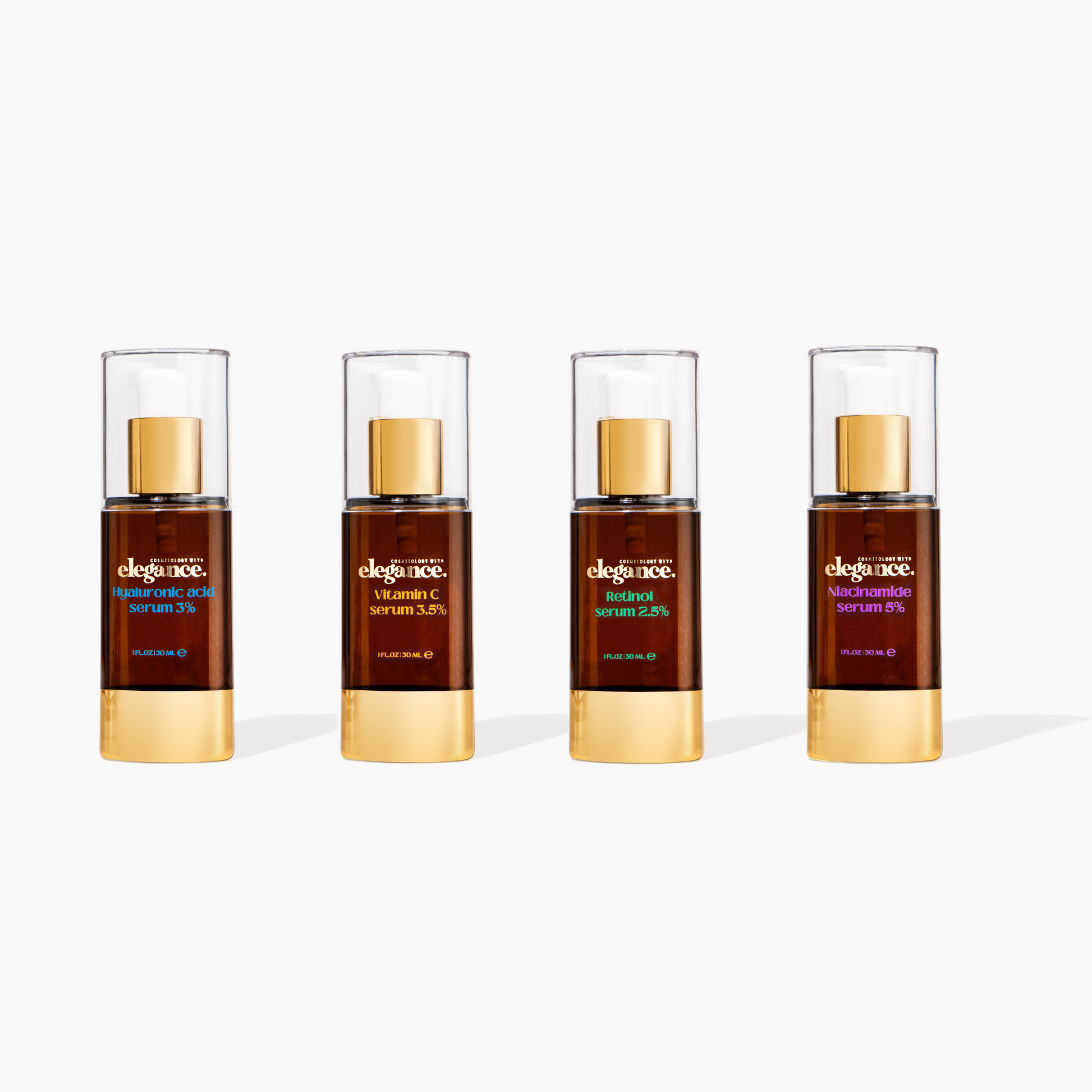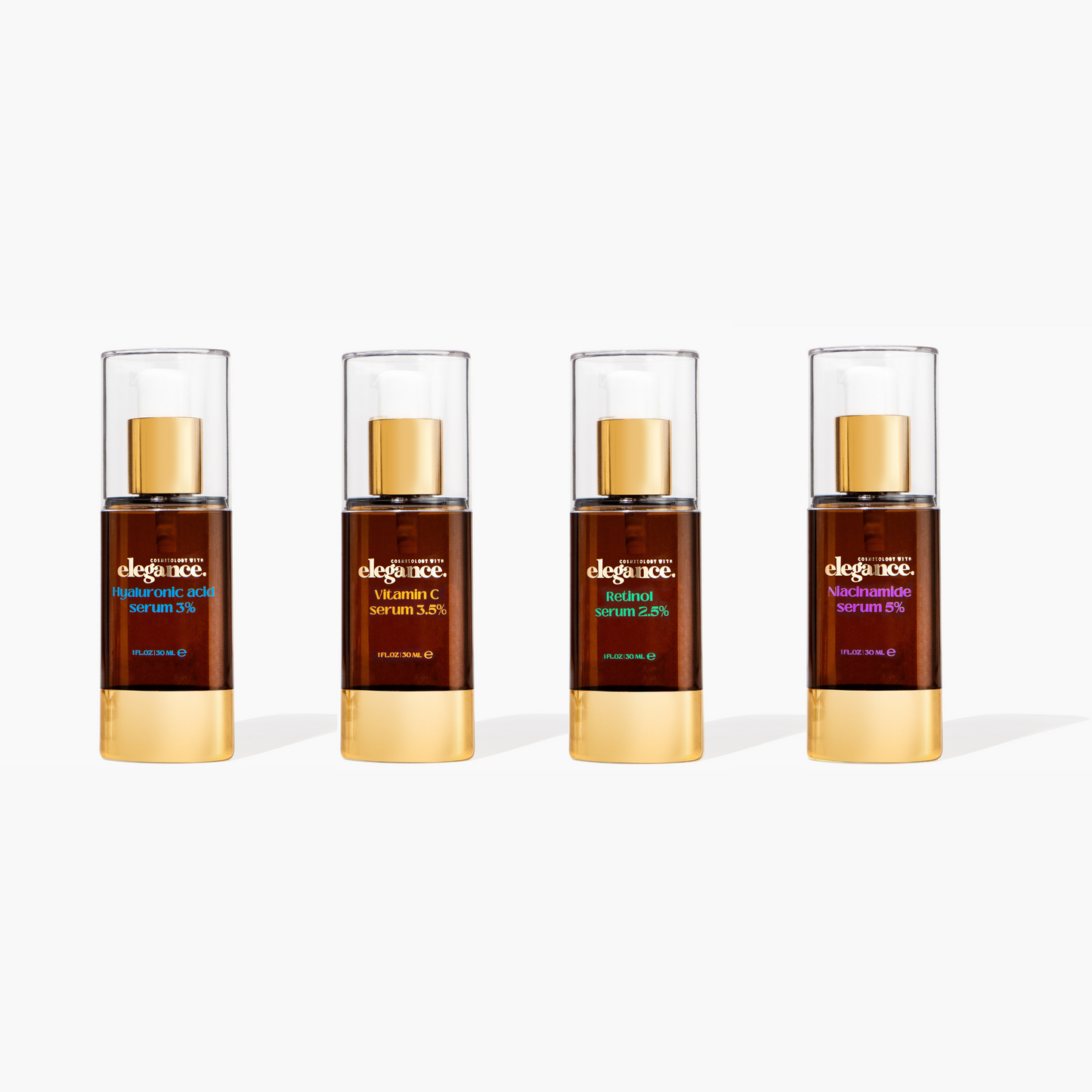SPF vs. Sunblock: What’s the Real Difference?
We all know protecting our skin from the sun is essential, but when you walk down the skincare aisle, you’re hit with a wave of confusing terms: SPF, sunscreen, sunblock… are they all the same? Let’s break it down simply so you know exactly what you’re putting on your skin and why it matters.
What Is SPF?
SPF stands for Sun Protection Factor.
It’s a number (like SPF 15, 30, or 50) that tells you how long the product protects your skin from UVB rays, which cause sunburn.
Example: If your skin normally burns after 10 minutes in the sun, SPF 30 means you’re protected for about 30 times that (around 300 minutes), in theory.
Important: SPF only measures UVB protection — it does not cover UVA rays, which contribute to skin ageing and cancer.
What Is Sunblock?
Sunblock refers to products that physically block the sun’s rays from reaching your skin.
Sunblock act like a shield, sitting on top of the skin and reflecting or scattering both UVA and UVB rays.
Sunblock = physical barrier. You often see it as thicker, sometimes leaving a white cast (though many modern formulas are tinted or more sheer).
Sunscreen vs. Sunblock
Many people use the terms sunscreen and sunblock, but technically they mean the same thing.
Sunscreen = chemical filters that absorb UV rays.
Sunblock = physical blockers that reflect UV rays (zinc oxide, titanium dioxide).
Both types will have an SPF rating, so SPF is the measure, while sunscreen or sunblock refers to the type of product.
How Do You Know Which One to Choose: Sunscreen or Sunblock?
With so many options on the shelf, it can feel overwhelming to pick the right product — but here’s a simple guide to help you decide based on your skin type, lifestyle, and needs.
For Sensitive or Reactive Skin
· Choose: Sunblock (physical/mineral formulas with zinc oxide or titanium dioxide)
· Why: These are less likely to irritate skin or cause allergic reactions because they sit on top of the skin instead of being absorbed.
For Daily Wear (Especially Under Makeup)
· Choose: Chemical sunscreen
· Why: Lightweight, absorbs easily, and works well under makeup without leaving a white cast.
For Outdoor Sports or Sweaty Activities
· Choose: Water-resistant sunblock or sport-formulated sunscreen
· Why: Physical sunblocks tend to stay put better when sweating, and some sport sunscreens are specially designed for long-lasting protection.
for Acne-Prone or Oily Skin
· Choose: Oil-free or non-comedogenic sunscreen (chemical or mineral)
· Why: Look for lightweight, mattifying formulas that won’t clog pores or feel greasy.
For Children or Babies
· Choose: Mineral sunblock
· Why: Gentle, non-chemical formulas are recommended for delicate, sensitive young skin.
No matter which product you choose, the most important thing is to use it daily and apply it generously. Broad-spectrum protection is key to defending your skin from sunburn, premature ageing, and long-term sun damage. Your skin is worth protecting — so find the formula that works for you and make SPF a non-negotiable part of your skincare routine, rain or shine!



